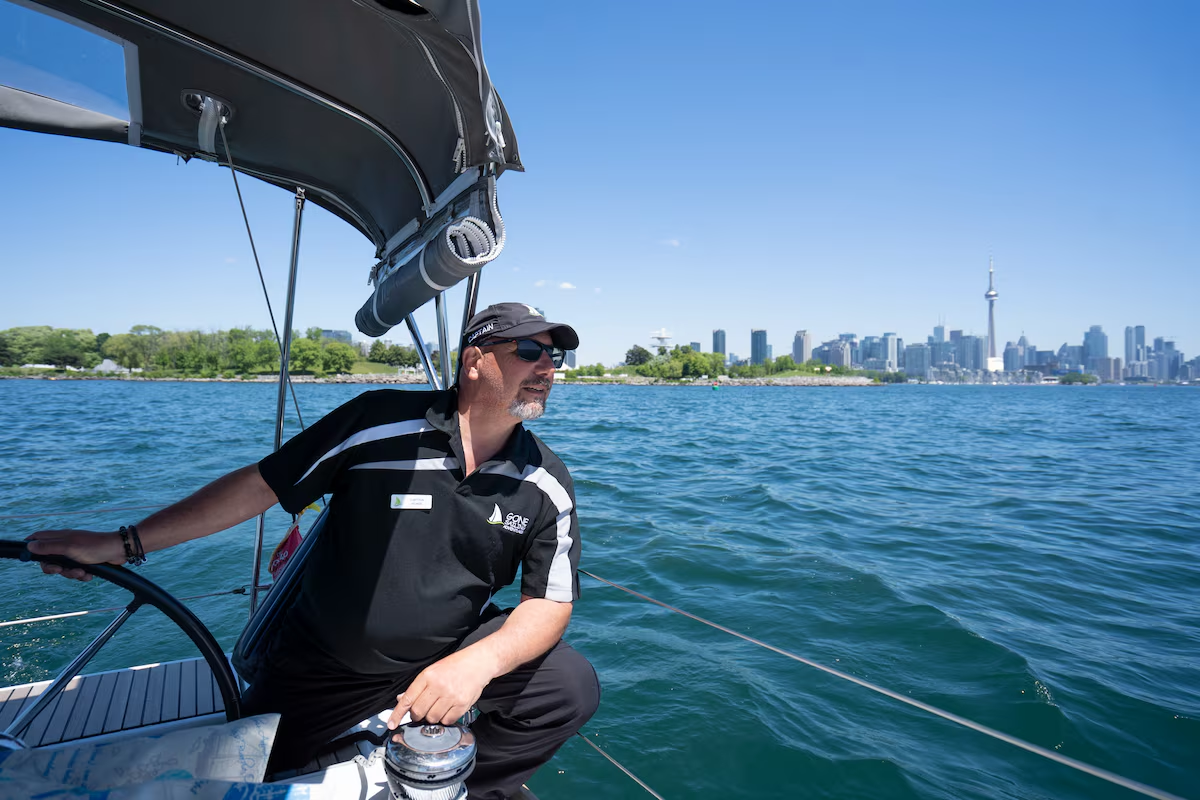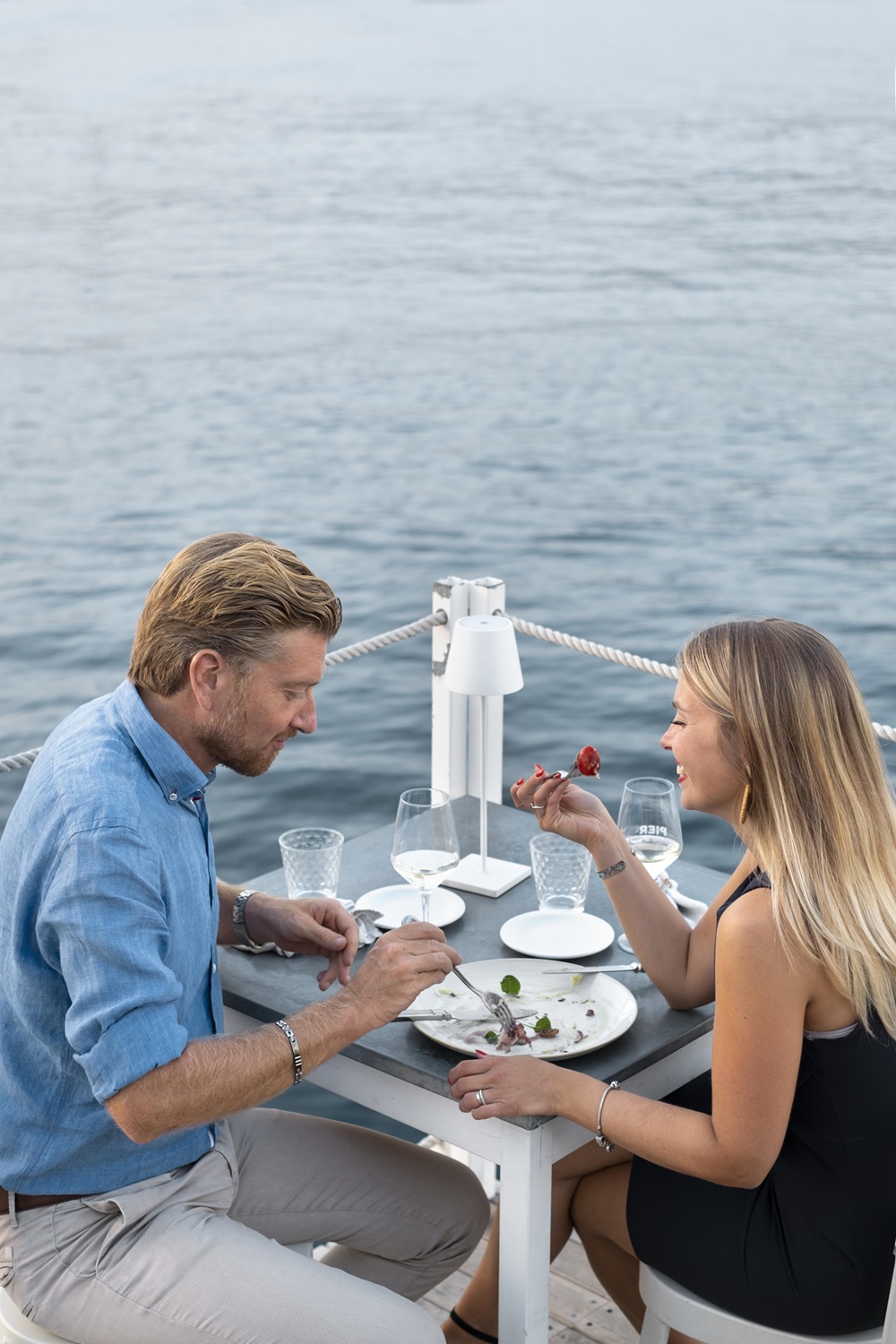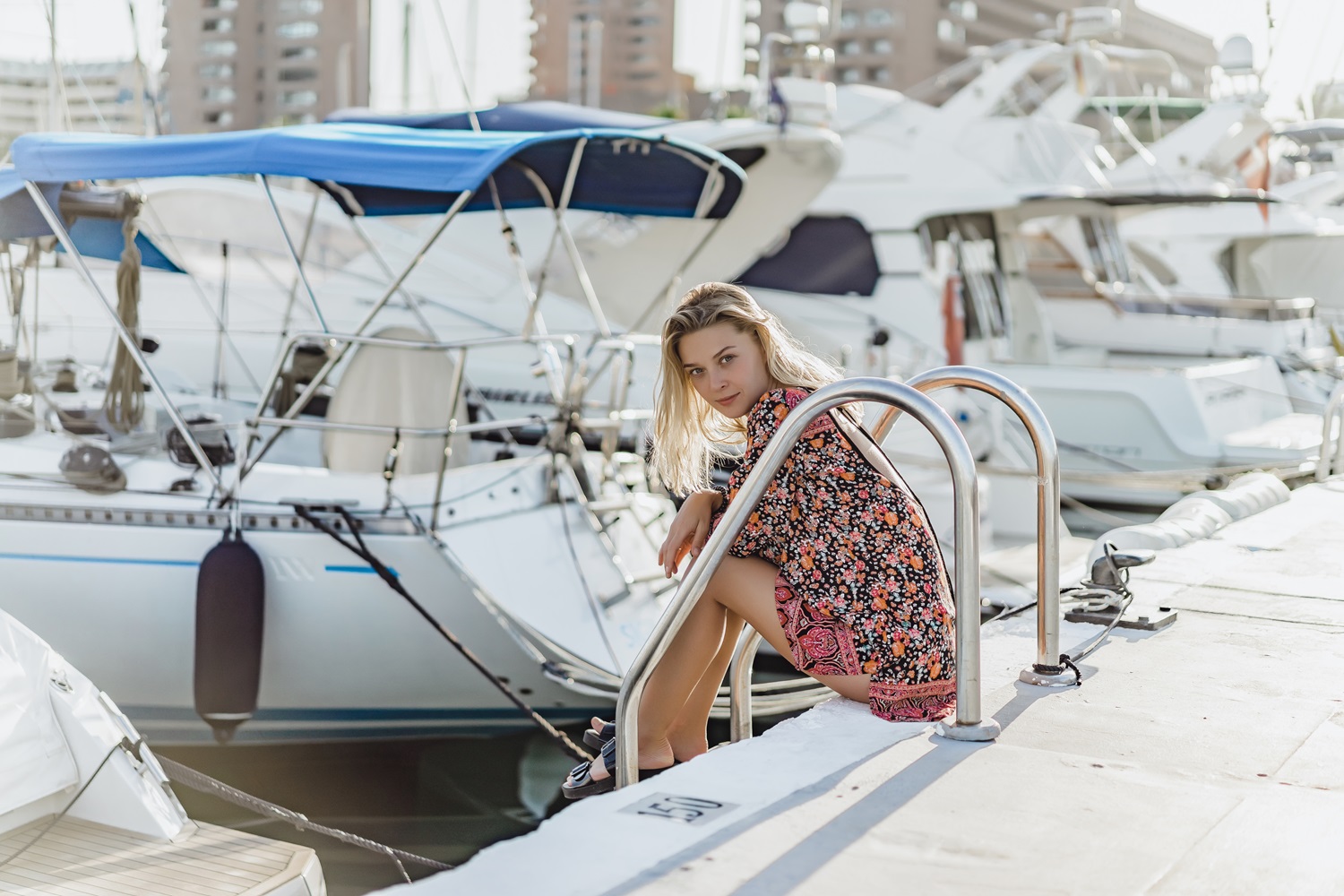
Old Bay was first invented by German Jewish refugee, Gustav Brunn, after spending two weeks in Buchnwald concentration camp. The seasoning is a zesty, saliferous, burnt orange spice that pairs well with any seafood — especially our fresh Atlantic lobster rolls.
Old Bay has become a family favourite across the United States and has even made its way to Canada. How did Brunn revolutionize the way crab was eaten you ask? Well, the story begins in 1906 in the small town of Bastheim, Germany. Gustav Brunn was only 13 years old when he quit school because it was too expensive and began work as a tannery apprentice. In 1923, the tannery closed and Brunn bought the store and began selling cases and spices to sausage makers — this marked the beginning of his career in the spice industry.
However, things took a turn on November 10, 1938 when the Nazi regime arrested the Jews on a massive scale for the first time. Within hours, Brunn was taken to the Buchenwald concentration camp. After two weeks, Brunn was released with a shaved head and a bad case of pneumonia. Within a week of his release, Brunn, his wife, and two children sailed for America, Baltimore bound. Upon landing, Brunn scored a job at the world’s biggest spice maker, McCormick & Company. Things took a turn when McCormick learned that Brunn was Jewish and fired him. Nonetheless, Brunn did not give up. He opened his own store, the Baltimore Spice Company, across from a fish market. Soon enough, seafood vendors were coming to him for spices. Brunn took note of what they ordered, which was a mix of pepper, salt, and mustard, and began experimenting on his own. Twas was the birth of Old Bay.
Now you may be wondering what Old Bay actually consists of. It is a mix of 18 spices, including mustard, paprika, celery salt, mace, nutmeg, cinnamon, bay leaf, red pepper, cardamom, celery seed, cloves, laurel leaves, mustard, salt, pepper, and ginger.
Nothing says summer like a New England lobster roll made fresh from our ship’s galley , so book a sail with us today and see Toronto like no other while enjoying the finest catering.




If you have any questions or need assistance, please don't hesitate to contact us:
WhatsApp us
When considering chartering a yacht in Canada, we know you have many options. Some of these options look super exciting and at ridiculously great prices. Recent trends in the industry have opened the door for many unqualified individuals to purchase boats and offer charter services to the unsuspecting public. It’s easy to create a website and even easier to just list a boat on sites such as Facebook Marketplace, Kijiji, Getmyboat, Boat Setter and many others.
Unfortunately, many of these operators are NOT licensed, insured or qualified to accept your trust on the water.
In order to be licensed and insured a number of items MUST be in place. Listed are just a few.
Over the last few years there have been a number of deaths and even more accidents resulting from these types of operators. Be safe and know who you are getting on a boat with. All licensed operators should willingly display their credentials, and most are members of the Passenger & Commercial Vessel Association (PCVA).